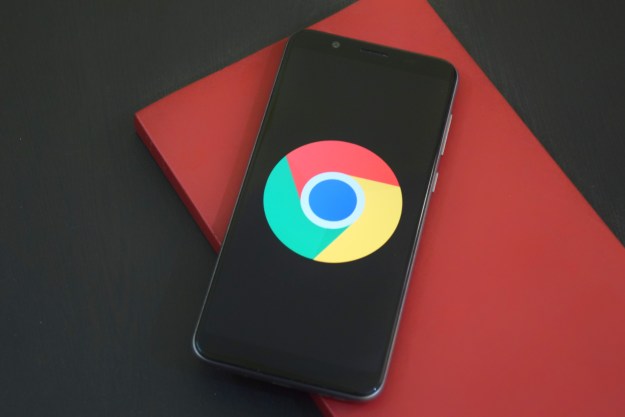Google announced new privacy updates on Wednesday that include the ability to delete Google Assistant history and the addition of incognito mode in Google Maps.
In a blog post, Eric Miraglia, director of Product Management, Privacy and Data Protection Office at Google, wrote about the updates that expand current privacy features to more apps and tools.
One of them is being able to delete your Assistant history. By saying things like “Hey Google, delete the last thing I said to you” or “Hey Google, delete everything I said to you last week,” the Assistant will delete your voice command history. It’ll delete your history automatically, but if you want to delete your voice command history from more than a week ago, you’ll be directed to your account settings. The new update will roll out next week for English and next month for all other languages.
Another update is incognito mode, which was added to YouTube earlier this year. You can now use incognito mode on Google Maps, which means the places you search for won’t be saved onto your account. The feature will be added to Google Maps on Android later this month and onto iOS “soon.”
A new tool called Password Checkup will also further protect your different passwords across various accounts by letting you know if a password is weak or if it’s already in use for an account.
Google said the updates would help keep security and privacy expectations clear as technology evolves, especially in the voice assistant realm. As more companies are offering voice assistants, the question of privacy has come into play about who is listening in on your voice assistant conversations.
Google reportedly used third-party contractors to transcribe Google Assistant commands, according to a July report by Belgian’s VRT NWS. In September, Google confirmed to ArsTechnica that it paused the reviews of Google Assistant globally.
Other voice assistants like Amazon’s Alexa are now being more transparent with the voice- recording process and allowing people to opt out of having their voice recordings transcribed by humans.
Amazon released similar privacy updates to its Alexa voice assistant a few months ago that let people delete their Amazon Alexa recordings. Last week, Amazon added more Alexa privacy features to provide better transparency to its users in how it answers your questions. Updates to
Editors' Recommendations
- Google just released the first Android 15 beta. Here’s what’s new
- A new Android 15 update just launched. Here’s everything that’s new
- Have a Google Pixel phone? You’re about to get these new features
- Google just announced Android 15. Here’s everything that’s new
- Google is launching a powerful new AI app for your Android phone


